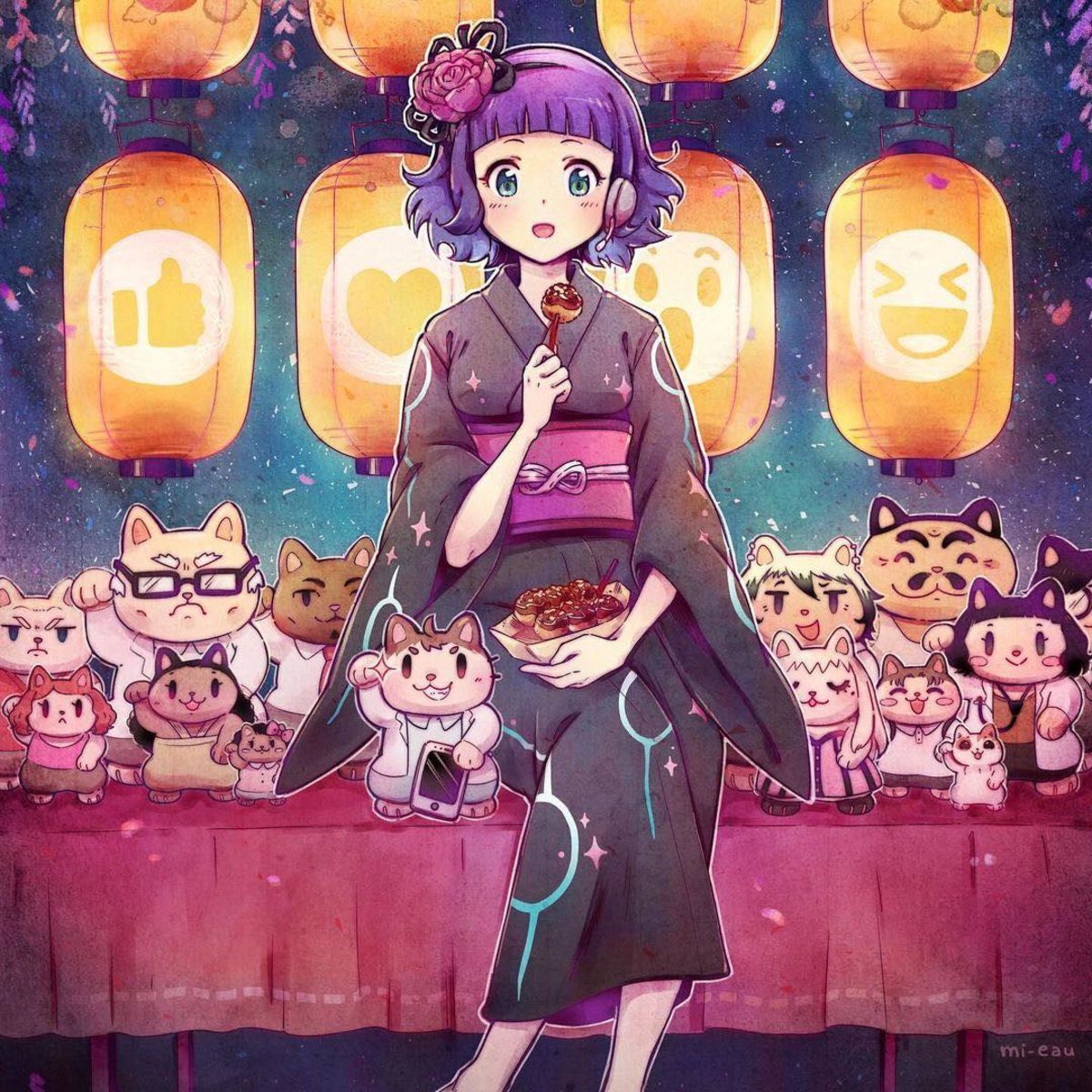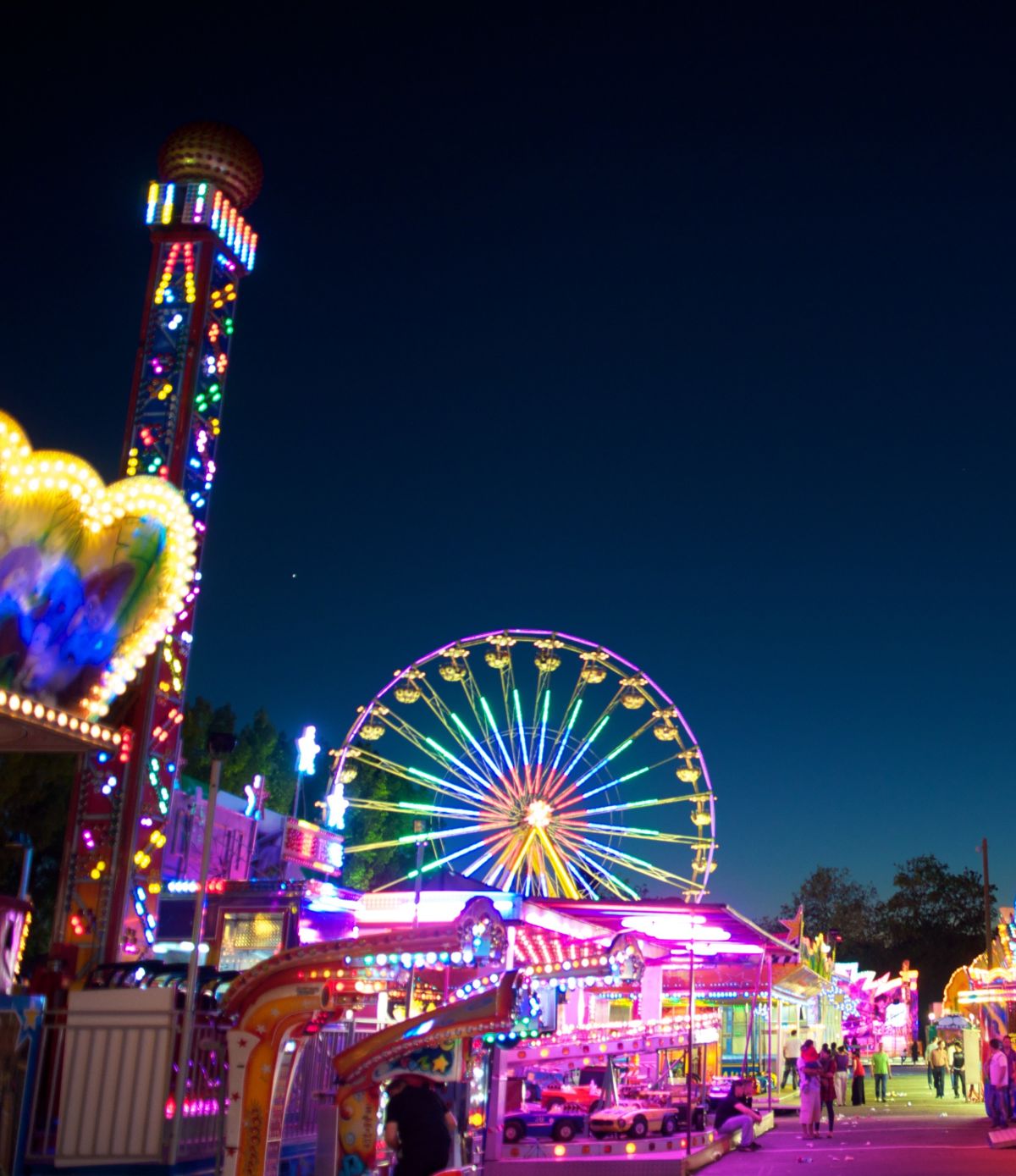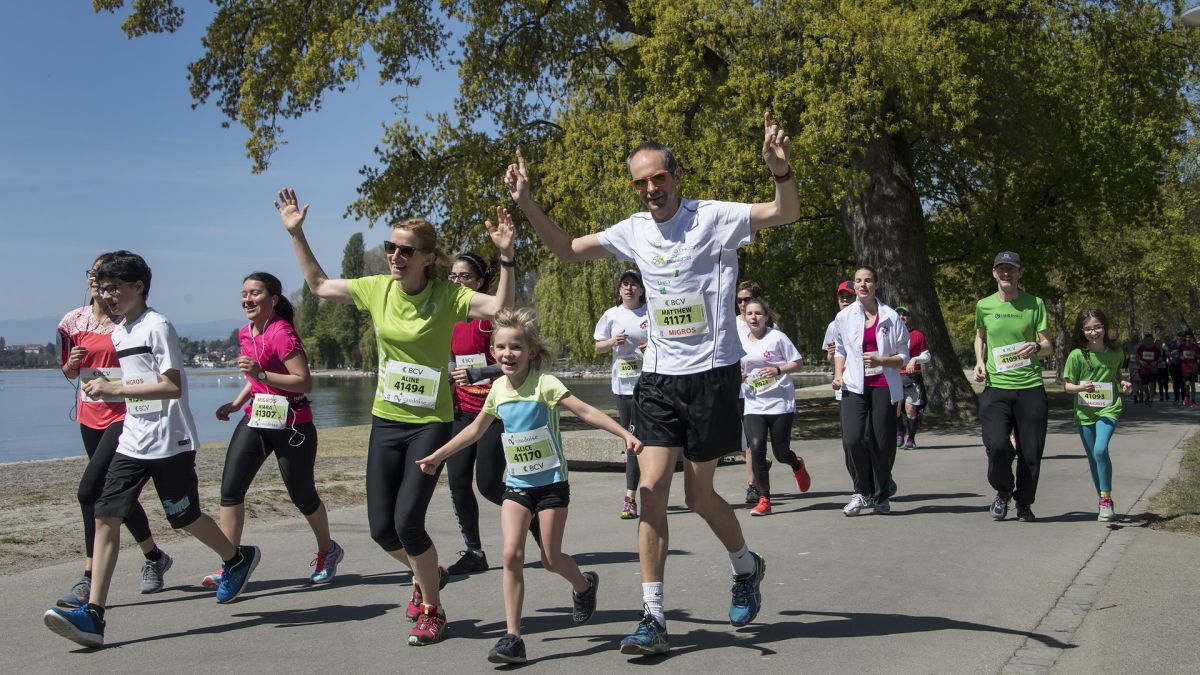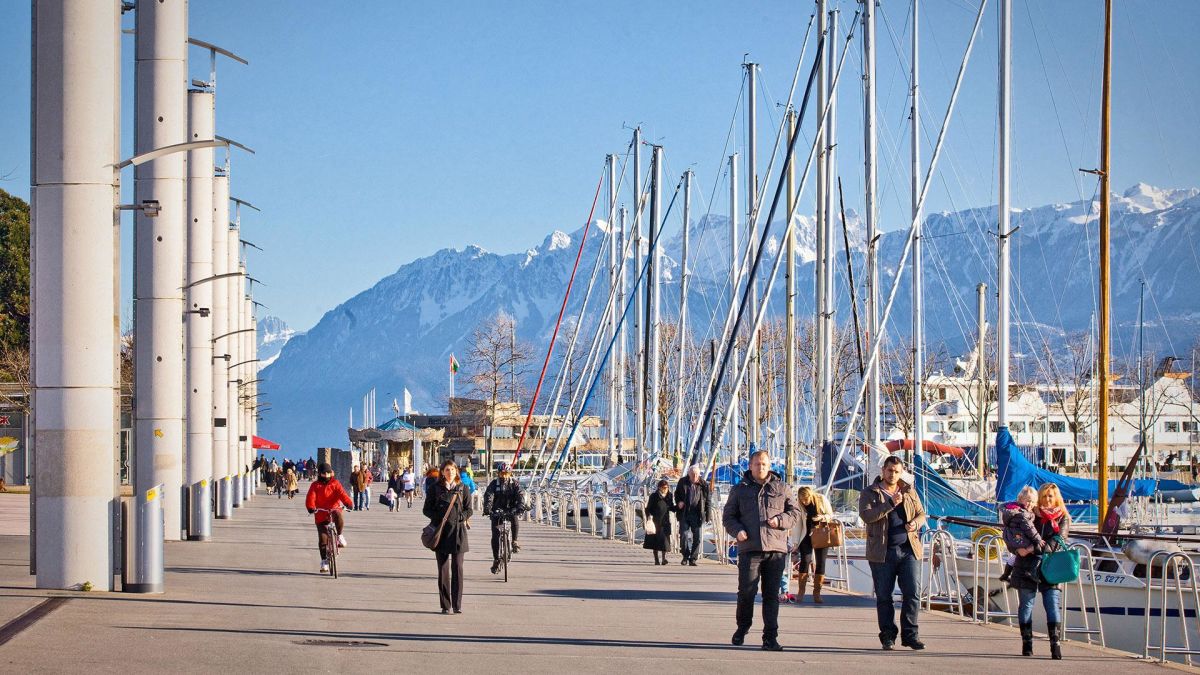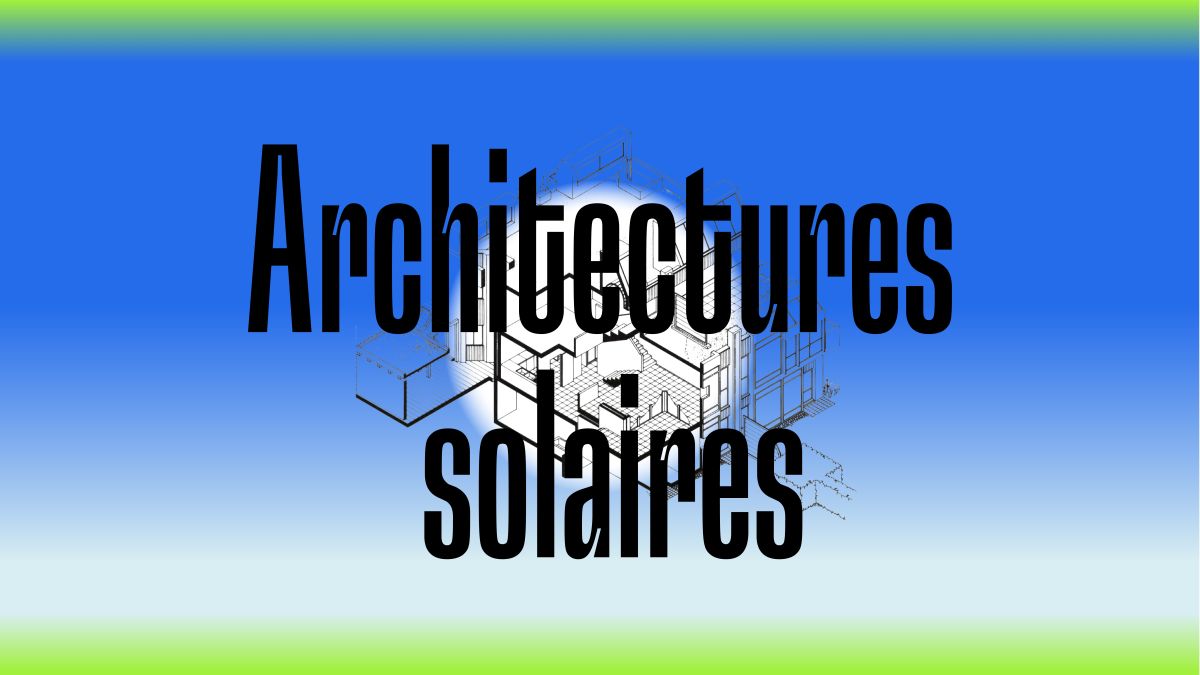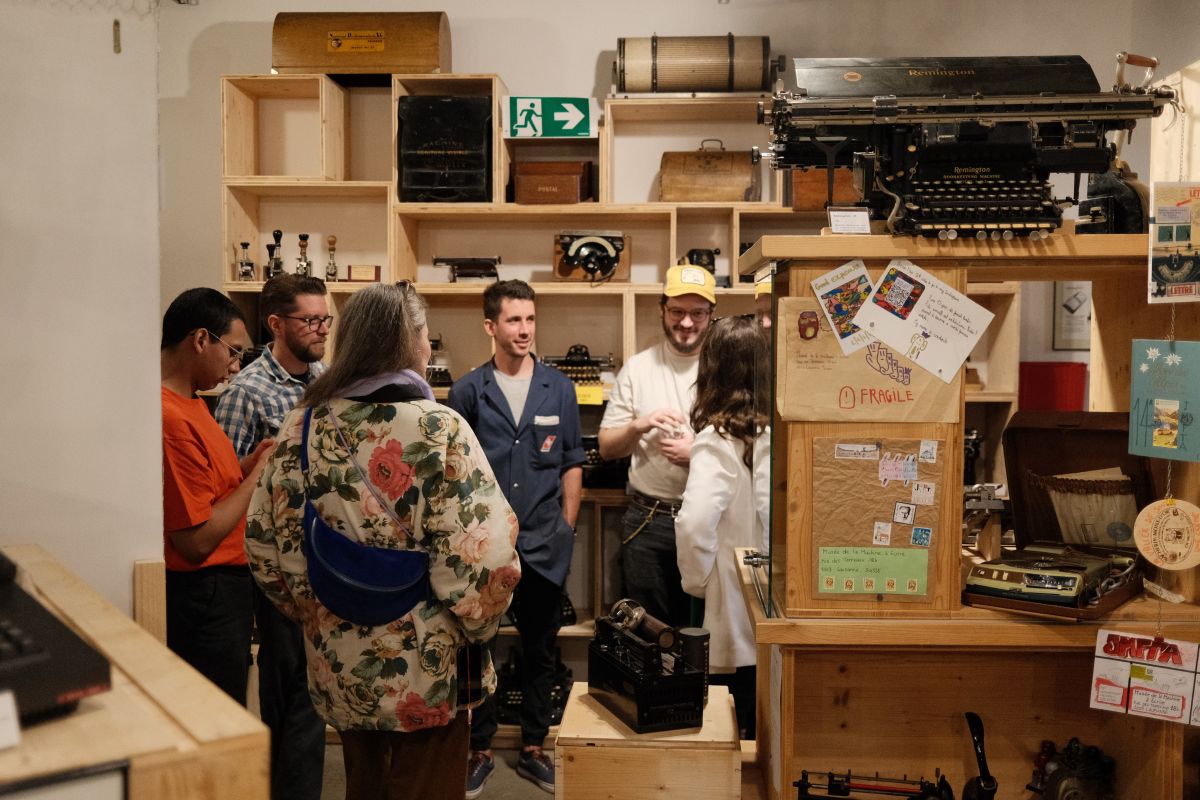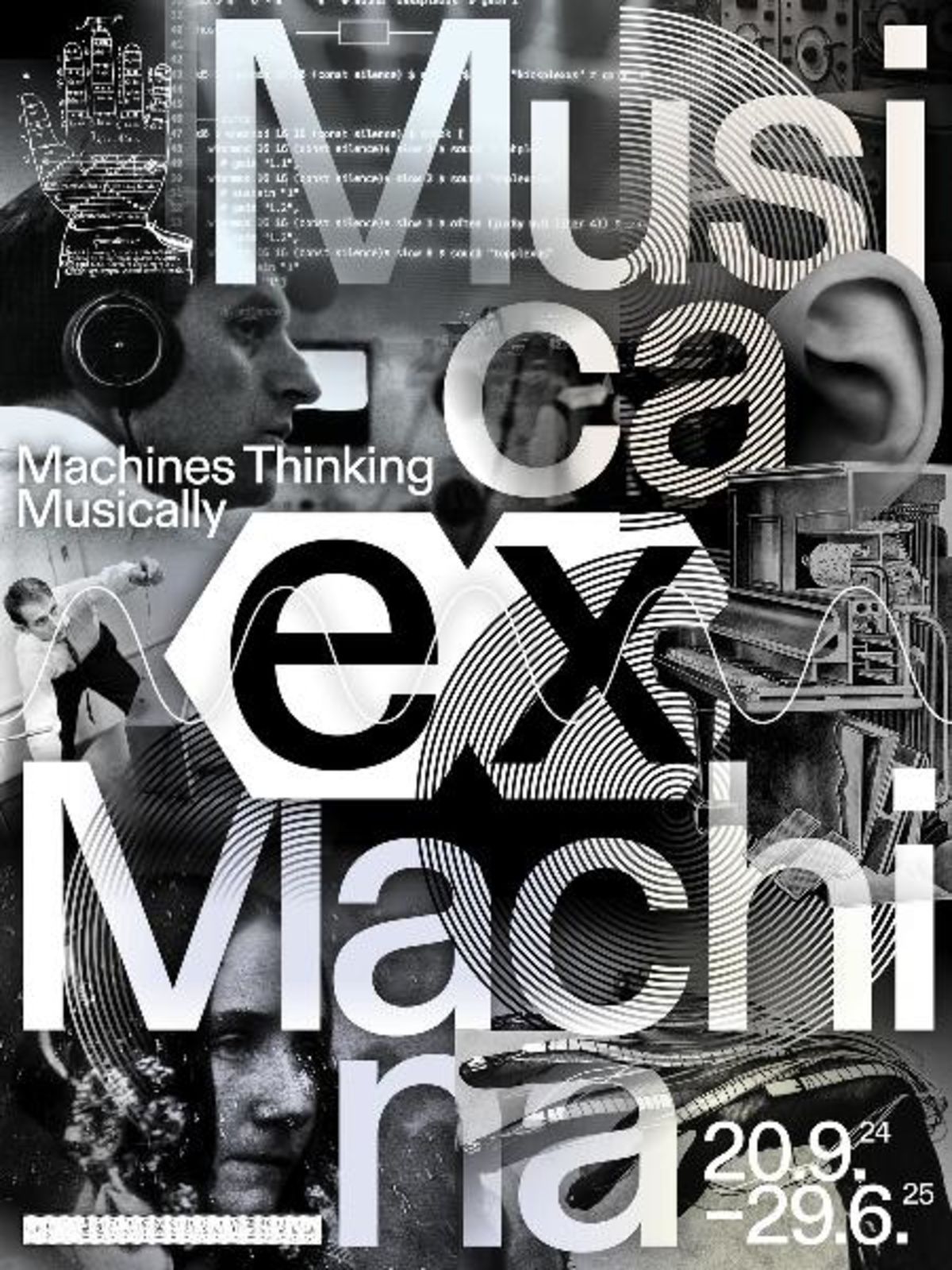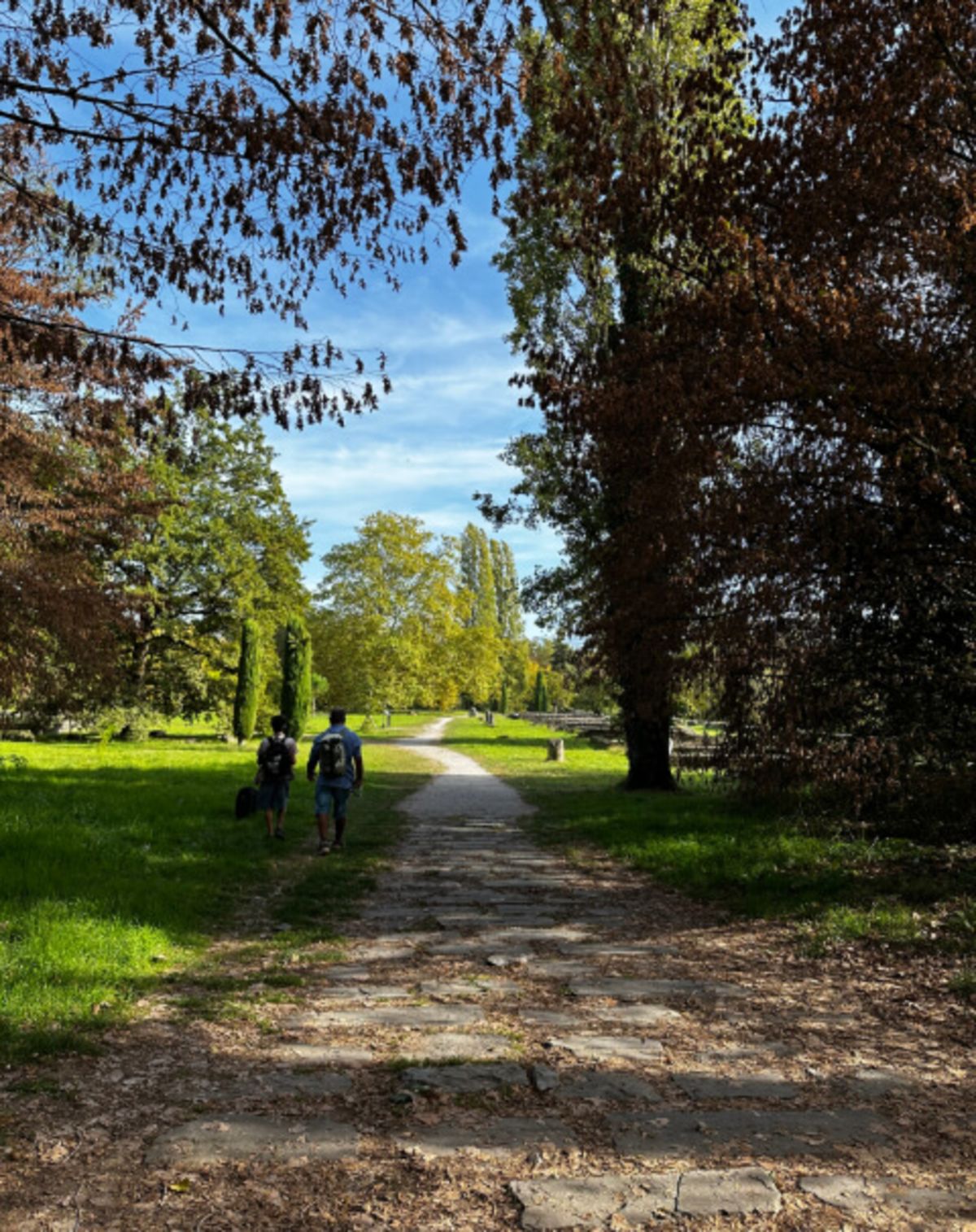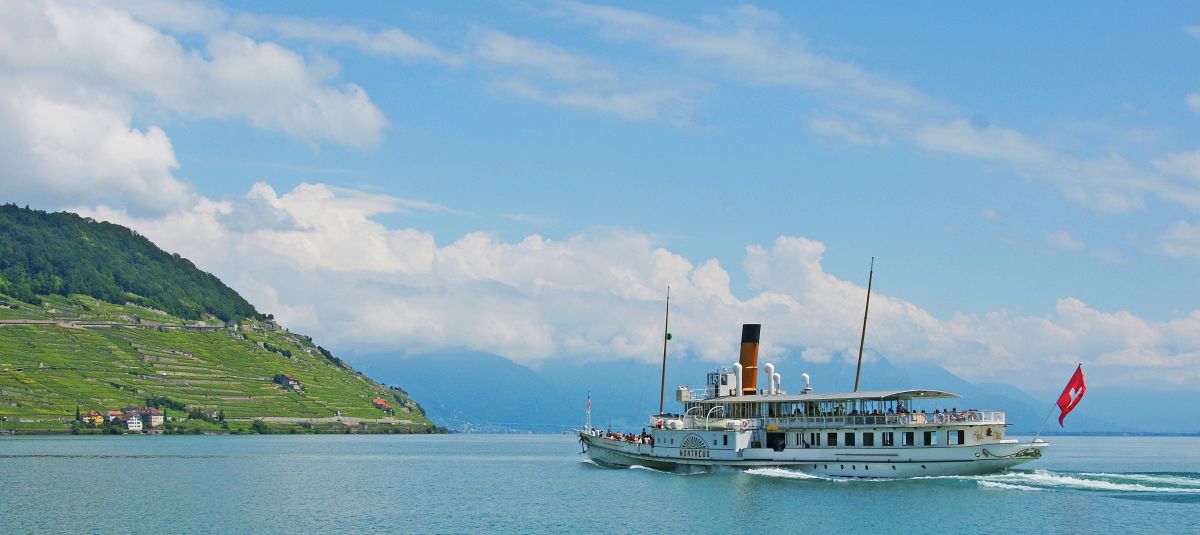Useful information
Address
Schedules
From 01.01.2025 to 31.12.2025
Tuesday
11:00 - 18:00
Wednesday
11:00 - 18:00
Thursday
11:00 - 18:00
Friday
11:00 - 18:00
Saturday
11:00 - 18:00
Sunday
11:00 - 18:00
Adults, full price
8 CHF
Adults (3-day pass including the Art Brut Collection and the Historical Museum of Lausanne)
12 CHF
AVS/AI
5 CHF
AVS/AI (3-day pass including the Art Brut Collection and the Historical Museum of Lausanne)
6 CHF
Children (under 16), students, apprentices, unemployed
Free
Groups from 6 persons (price per person)
5 CHF
Free admission on the first Saturday of the month.
Closed on Mondays (except July-August and public holidays), as well as on 24, 25, 31 December and 1 January.
Closed on Mondays (except July-August and public holidays), as well as on 24, 25, 31 December and 1 January.
Access
Bus 24: “Siège du CIO” stop
Bus 25 : “Bois-de-Vaux” stop
More info
The numerous archaeological findings from the Vidy site paint a vivid picture of a Gallo-Roman village on the shores of Lacus Lemannus.
Much like the Swiss of today, the Helvetians of that time were experiencing a period of profound change. Incorporated into the Roman Empire 15 years before Christ, the Helvetians now belonged to a new world centred around the Mediterranean. Life quickly changed: the use of Latin and writing spread, new techniques and previously unknown goods transformed daily life. People, ideas, and images travel. New leisure activities such as baths and theatre were adopted, Roman cuisine was embraced, and new gods were worshipped. The ancestral Gaulish culture did not disappear; instead, it blended with Roman culture to form the Gallo-Roman civilization.
Integration, new technologies, globalization, cultural blending...: antiquity is relevant today!
Much like the Swiss of today, the Helvetians of that time were experiencing a period of profound change. Incorporated into the Roman Empire 15 years before Christ, the Helvetians now belonged to a new world centred around the Mediterranean. Life quickly changed: the use of Latin and writing spread, new techniques and previously unknown goods transformed daily life. People, ideas, and images travel. New leisure activities such as baths and theatre were adopted, Roman cuisine was embraced, and new gods were worshipped. The ancestral Gaulish culture did not disappear; instead, it blended with Roman culture to form the Gallo-Roman civilization.
Integration, new technologies, globalization, cultural blending...: antiquity is relevant today!





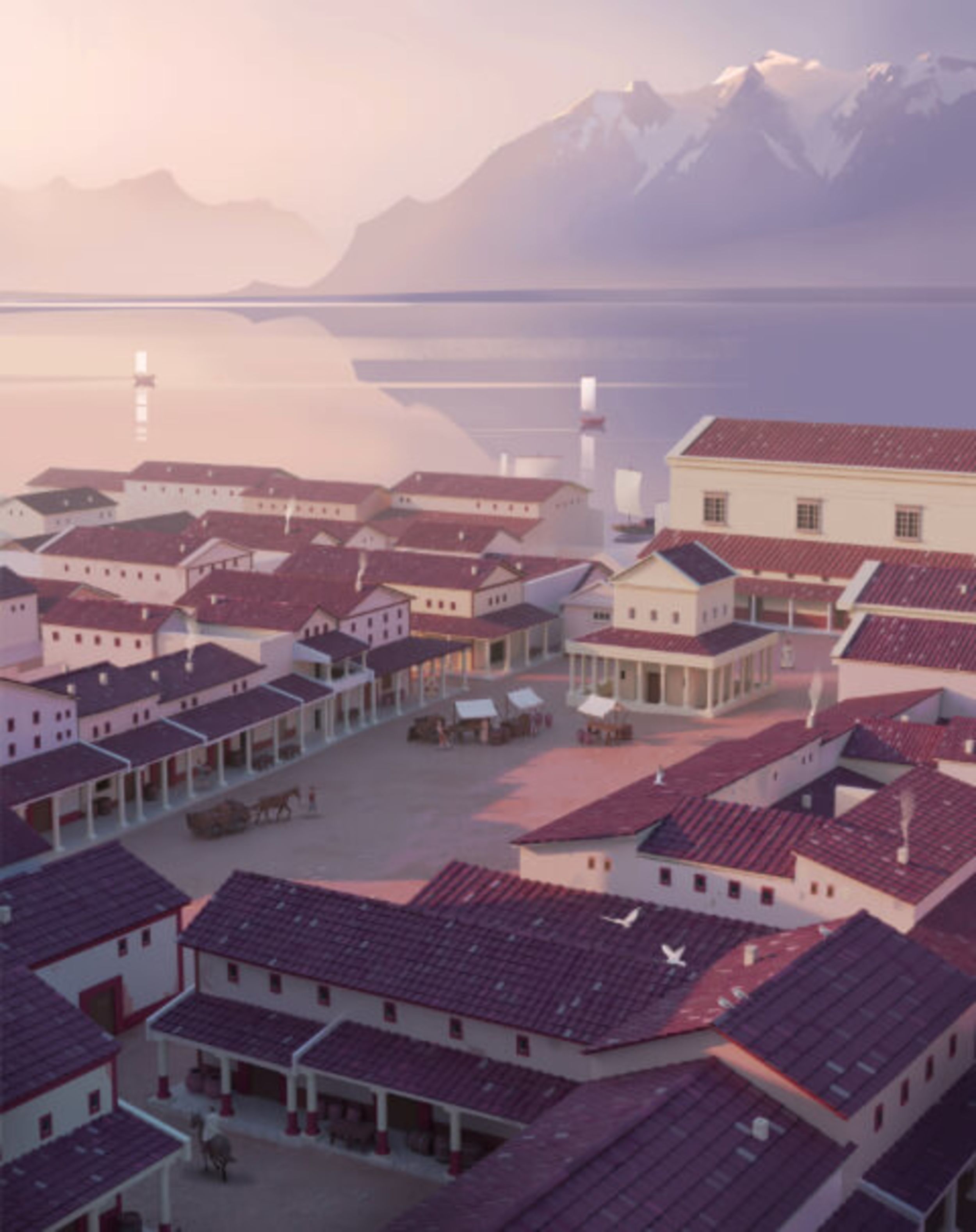
 +41 21 315 41 85
+41 21 315 41 85 Email
Email Website
Website